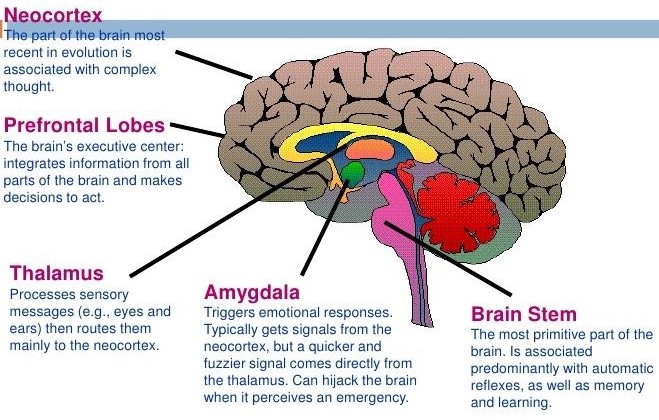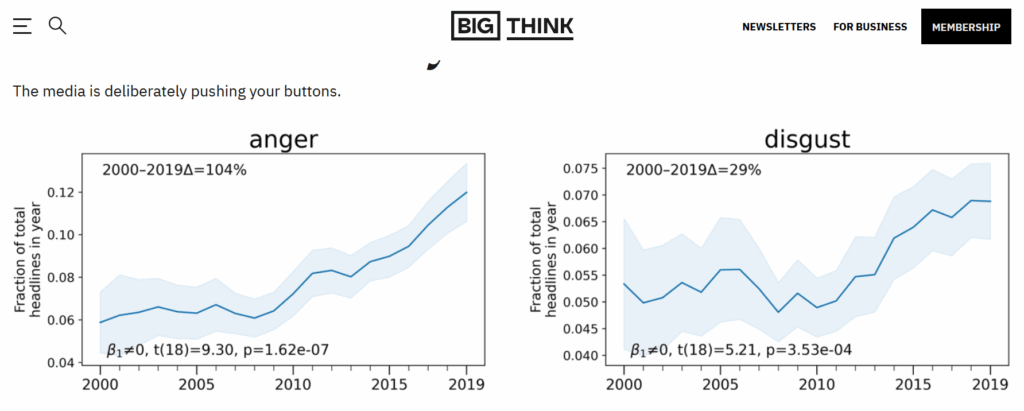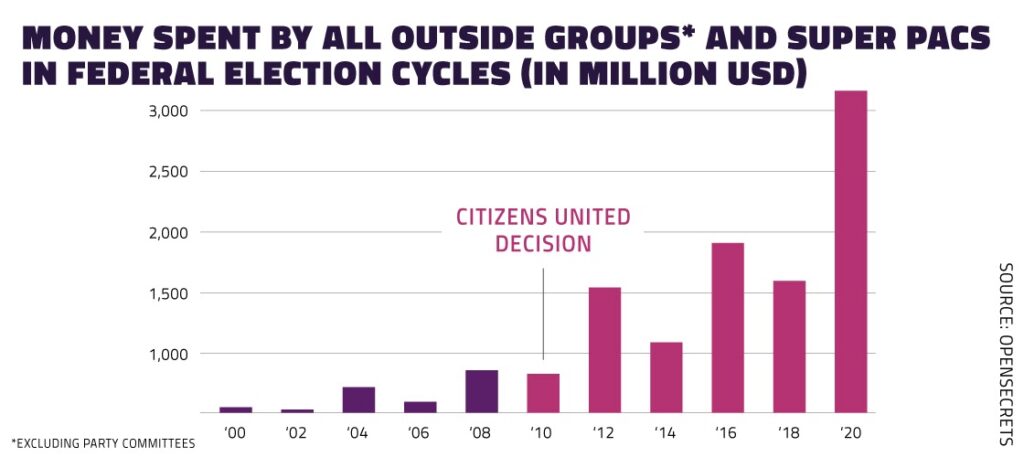
Forty four years ago, I heard this rather unsettling half-poem in the pipe-tobacco-infused offices of Emil Wolfgang Menzel, primatologist emeritus at New York’s Stony Brook University. It went something like this.
“Higamous hogamous, women are monogamous. Higamous pigamous, men are polygamous.” In layman terms it means: Women want to have babies with only one partner while men prefer having babies with many.
Sensible as this may sound to some religious and rap groups, this same school of thought theorizes that this disparity has more to do with animal instinct than human spirit, as much as we may wish otherwise. For the past 70 years Menzel et. al. have studied the boundary between the two, with some unsettling conclusions.

Ivan Pavlov showed a bell works as well as a bowl of food in getting dogs excited about dinner. B. F. Skinner took Pavlov a frightening step further showing human behavior can be similarly, even subliminally shaped, much to the delight of Madison Avenue. E.O. Wilson pulled out all the stops saying our DNA dictates what we do.
All this dissecting of human behavior into biochemistry, instinct, and evolution can empty meaning from the joy, love, compassion and contentment we all treasure. Which is why nobody ever heard of these guys. They kept asking questions nobody wanted answered.

To them, our emotions are little more than brain-stem-based strategies to ease primitive impulses past a far more cautious frontal cortex. Said another way, difficult decisions are made all the easier by “going with your gut”, “relying on instinct,” “getting worked up” or, dare I say it, “falling in love.”
Therein lies the rub. There’s a trade-off we all make when we get emotional that one might easily argue leaves us vulnerable to those less so. Which has me wondering why, in this the “Information Age,” are we all so overwrought? Is it because there’s money and power to be had, all at the expense of the overwrought?

So, in this issue of NBN we pay homage to Tina Turner and so many others turning our heartfelt feelings into capital gains, political office or gruesome wars, with the simple question that earned Tina a ton: “What’s love got to do with it?” Or sadness, anger, fear, surprise, happiness, and disgust. You’ll love it.
Time for an Emotional Rescue?

“What purpose do emotions serve when we have language?”
I was a psychology major studying evolution’s role in shaping human behavior when I posed this question to a therapist friend who shared Sunday cocktails with my parents.
“Emotions express our feelings,” she said sagaciously between sips from a Gordons G&T.
Ok then, what purpose do our feelings serve? The second question went unasked, but it has nagged at me as I get old, crotchety, and considerably less interested in others’ feelings and emotions.
This is the “Age of Information.” Why are we all still so dependent on these primitive impulses when we have all this wonderful information with which to express ourselves and make sense of the world, without getting all worked up.

Is it possible information technology is so vastly outpacing evolution that our emotions now serve as much as a source of solace as a means of expressing ourselves? A crutch of unquestioned convictions we lean on when we’re overwhelmed by the avalanche of information being published for purposes not always, entirely altruistic.
The advent of the internet and the explosion of social media has wrested these purveyors of what-we-need-to-know from the decades of production and publication once required to gain our trust. Now instant credibility is conferred as those in the know salt their content with preferences, prejudices, and feel-good messaging proven to gain market share.
Rather than make us more thoughtful, this endless array of information seems designed to excite our emotions as much as inform our intellect. Most alarmingly of late, anger. We’re angry with each other, angry with our elected officials, and angry with those they blame for whatever angers us. So, who or what do we blame?
We can start with the folks keeping us appraised of all this angst. The traditional news industry’s struggles to keep pace with social media means quality of content is second to being first out with the story, leaving anger and fear as far easier paths to attracting eyeballs. I know because it worked for me, sort of.
When the last newspaper I worked at went up for sale, management mercilessly cut costs and I was casting further and further afield to find ever more sources to validate ever more stories demanded by the bean counters. So, I quit and started my own online environmental news blog.
Suddenly I had unlimited stories and unlimited sources. All right on the internet. No more interviews. No more editors. The only thing missing was readers.
Studying my feeble website stats revealed a few inconvenient truths. First: playing to base emotions like fear and anger ropes in readers more readily than reasoned discourse. Second, the more I researched each post, the less I could play to those emotions and still look myself in the mirror.
In the news biz today there has never been more incentive to not let facts get in the way of a good story. Said another way, when you think you have the story, stop asking questions lest you find information that doesn’t fit.
Budgetary restraints and bad karma dampened my efforts to incite, while an army of publishers with far deeper pockets and shallower morals are having a field day. The results speak for themselves: anger sells and it’s a sellers market.

We have a former world leader singularly skilled at manipulating information, facing jail time if he isn’t elected. Over the next few months information merchants everywhere will be spinning his every utterance to keep captivated their increasingly radicalized audiences.
Five people died the last time he lost an election. It seems reasonable to think things could get much worse this time around. Why, when the risks grow more apparent every day and we have all this information to share, are we all so easily, even enthusiastically incensed? Are we all so stupid?
Emotional is a better word and the answer is yes. At the same time, there are people out there who are really good at stirring our passions for their own purposes. There’s lots of money and power to be had injecting your message directly into our amygdala through ancient behavioral avenues that, to many, define who we are as human beings.
As per the therapist friend, our emotions help us communicate our feelings and how dear they are to us. As per my undergrad education, emotions are a mode of communication born long before language, as evidenced in non-humans showing alarmingly human emotions.
So, why this default deference in such advanced creatures to this primitive form of communication, particularly when we have this wonderfully nuanced means of sharing all this information? Is it more fun? Absolutely, for emotions like joy, love, happiness, and contentment.
Unfortunately, the Pepsis, Fords, Revlons and Pfizers leverage these fondnesses into many trillions of dollars in global commerce, but that’s for other issues of NBN. Right now, we’re heading into what promises to be a unique global election cycle increasingly driven by fear and divisiveness, and contrary to what Hollywood says, there is no upside to anger.
Or intolerance, hate, or disgust to name a few of the emotions everyone indulges but no one enjoys. So why, as the downsides grow increasingly apparent, we continue to indulge?

Is it because our emotions lend meaning to a life being drained of same by the scientists I studied through college? These paragons of dispassion whittle down to calm-and-clear-eyed potentially powerful impulses emanating from our brainstems that have helped us communicate since well before we learned to talk.
Well, there’s certainly that, but we’re also being helped among considerably. Packaging your product with lots of feeling far outsells rational recitations of pros and cons. Whether you’re selling a war or toothpaste, if people are worked up, they’re giving less thought to why.
We’ll forgo for now the wisdom of buying health insurance because a lizard with a funny accent is choking on Buffalo Wings and focus on the costliest profit and power grabs leveraging human emotions: our governments.
How did wealthy slave owners convinced 480,000 of their slave-less neighbors to die for the right to own slaves? How did a beaten down country rally around a maniacal leader who leveraged anger and fault-finding into a national suicide mission to conquer the world.

How did the US spend $2 trillion and half a million lives protecting its citizenry from a country that has only grown more dangerous for our efforts. How did 63 million Americans vote for a leader who campaigned entirely on finger-pointing and then goaded those same voters into rampaging through the US Capitol when he wasn’t reelected?
It isn’t joy, love, happiness, and contentment driving these brutal cycles of crowd-sourced insanity. Republican operative Morton Blackwell called “moral outrage” the most “potent political motivating factor” and when it’s wrapped in patriotism, protecting freedom, suspicion of strangers and of course, fighting evil, amassing angry armies becomes a lot easier.

These merchants of outrage are not hard to find, starting with some autocratic countries we consider enemies. It’s clear they are turning the US international political interference playbook against the world’s wealthiest democracy and its allies through every means available.
Their efforts are driving a spiraling toxicity in the US political climate as desperate candidates form dangerous alliances and use tactics given over almost wholly to negative emotional messaging and moral outrage.
How else to explain why the most divisive political issues: abortion, religion, sex, education, guns, immigration…ect have in recent years become violently radicalized. Soccer Mom and Joe the Plumber are far too busy to question too closely this outrage, so they just “go with their gut,” much to the delight of all the messaging merchants
As this this piece becomes the granddaddy of all conspiracy theories it can just easily be argued that regardless of the instigators, these are all just natural forces at work. Evolution’s end-products as manifest through the machinations of governance and economics. Survival of the fittest in the information age.
What then about love, kindness, compassion and all those wonderful emotions responsible for so much good in the world? How do we get people to focus on the better angels of our nature over the bitter?
My guess is the answers lie with religion. It was born of our emotional needs, yet somehow today is at the heart of a lot of our moral outrage. Here again we might look closer at the folks helping that along, but that’s for the next issue of NBN: Pub Date Oct. 2025.
Instead, I’m just going to leave off with my 2024 New Years Resolution, to never get angry again and some choice words from Martin Luther King who gave me the idea: “I have decided to stick with love. Hate is too great a burden to bear.”
Christmas Eve 1967 Sermon on Peace